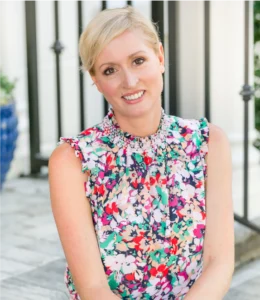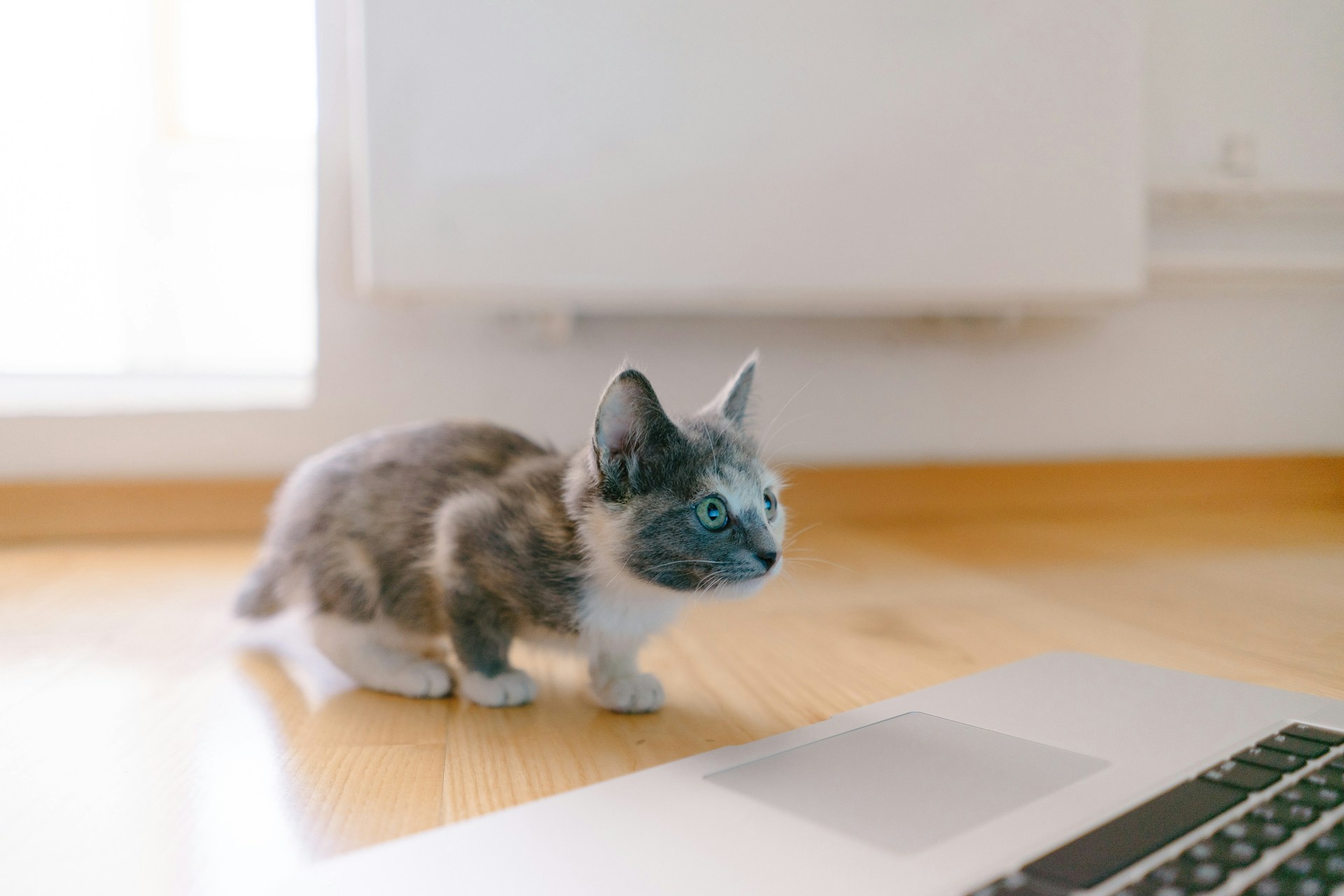Should you really bring your full self to work?
Some thought leaders feel strongly that we shouldn’t, as The New York Times recently shared (source below). They suggest we compartmentalize and create separation between our work selves and our not-work selves. Yet others are all aboard the whole-selves-at-work train. It’s become a polarizing issue.
My take?
It’s a personal choice. Just like dressing up for Halloween.
Some people can’t stand Halloween, but I love it – it’s my favorite holiday. I loved playing dress-up and pretend as a kid, so — for me — Halloween is awesome because it’s the one time of year when it’s appropriate for “grown ups” to pretend like we’re someone (or something!) else.
(Side note: one year, I dressed up as the floor of a movie theater, complete with popcorn, candy wrappers, and soda spills all over me. It was absolutely hilarious watching people try to guess what the heck I was!)
But sometimes, playing pretend and covering — hiding parts of ourselves that we don’t want others to see — isn’t so fun.
When I was in my mid-30s, I was working full-time and had three kids under the age of 4. Like many women, I got tangled in the “overly high expectations” trap.
I pretended for a VERY long time that I could do “it all”: travel almost every week, meet with clients, facilitate leadership workshops, manage a team, be Superwoman to my family. I pretended like it was easy. Trust me: It was anything but, even though I was incredibly fortunate to have a lot of help at home.
It’s not that I was trying to convince anyone that I was perfect. But I was trying to convince *myself* that I could do everything — without burning out. But before I knew it, that insidious burnout monster came knocking on my door and I had a serious stress-induced health crisis.
After that ginormous wake-up call in 2011, I set out on a research quest to unravel the mystery of why some people seem immune to burnout, while others (like me) are susceptible. What do these Resilient Role Models have that I don’t? And how can I get me some of that?!
I’ve dedicated my research the last seven-plus years to answering this question. And everything I’ve learned is going into my new book, BURNOUT IMMUNITY: How Emotional Intelligence Can Help You Build Resilience and Heal Your Relationship with Work. It won’t be out until 2024, but I’m excited to share that it will be published by HarperCollins. As a subscriber to my list, you’ll be first to know as more details become available!
In the meantime, it’s okay to love dressing up for Halloween — or hate it. It’s okay to bring your whole self to work — or not. It’s a personal choice.
But being shuttled into binary thinking — always bring your full self or never do, do “it all” or nothing, even love Halloween or hate it — creates stress. That stress might bring the burnout monster knocking on your door.
If you’d like a sneak peek into my research, hire me to speak! I keynote on why some people are better equipped to handle stress and prevent burnout. I’d love to share some practical, evidence-based strategies with you.




